Have you ever gone over to a friend or relative’s house and noticed that their hummingbird feeder was covered with black mold? Did you say something and if so, how did it go over?
This has happened to me several times, both of which I did say something, only after I took it upon myself to scrub the feeder until it sparkled. Then I rehung the feeder and nicely tried to impress the importance of keeping the feeders clean. This was only possible because I knew the people fairly well and I was a guest for several days in their house. I’m not sure how it went over but since I was never invited back, I guess maybe not well. (Just kidding, though I do think I may have caused some hurt feelings. But there was no way I could keep quiet; It’s just too important to me.)
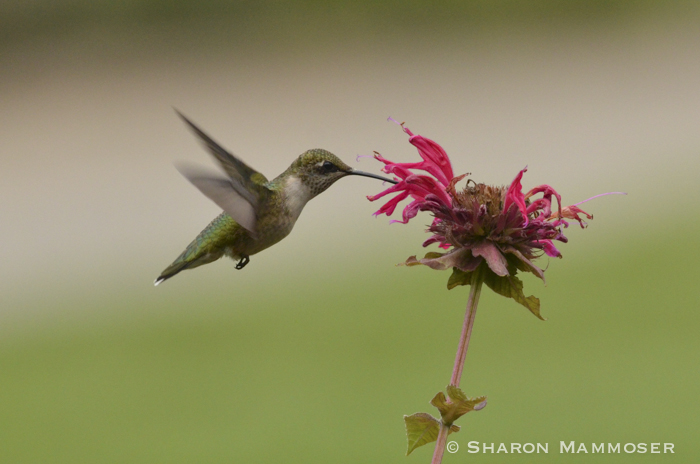
I know people DO mean well and that they want to watch the birds and have them in their yards regularly. I also know we are all busy with lots of things that can distract us. But many people don’t realize the things they do, and don’t do, can have negative consequences for the little birds, and in some cases, even cause death. Can you help me get the word out?
If you love hummingbirds, please make sure you are doing the right things to keep them healthy, in the same ways you make sure you are keeping yourself, your kids and your pets healthy.
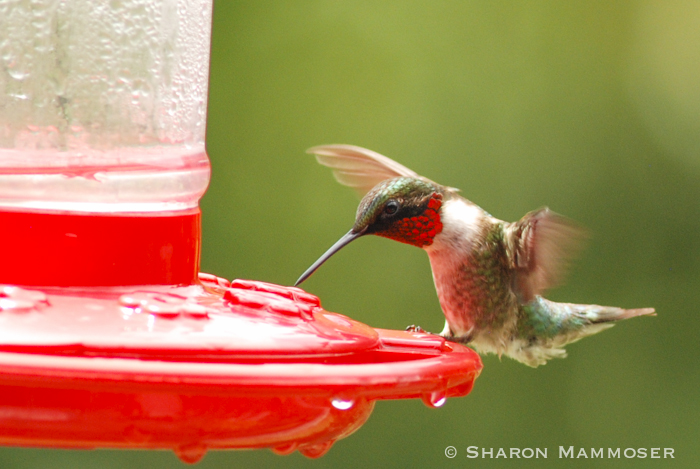
So then, here are 5 ways you can make sure you’re helping NOT hurting the hummingbirds you love to watch.
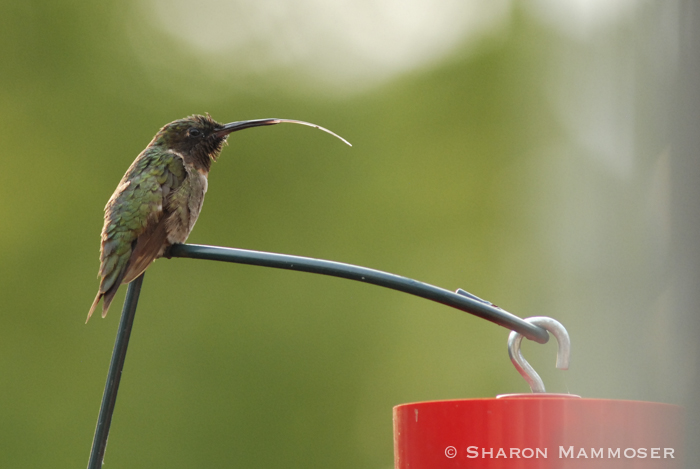
If you love hummingbirds and want to offer feeders, you MUST clean the feeders regularly. In hot weather black mold builds up quickly and studies have shown that the birds can die from mold.
It causes their tongues to swell up and then the bird can STARVE to death. This is a slow, miserable, and completely unavoidable death!
The more often you clean your feeders, the easier this job will be. Bring your feeders in, rinse with hot water and refill. Every few days you can soak the feeders in vinegar mixed in water for a while, then rinse, and refill. Or, if the mold is bad, use a little bleach in a gallon of water. Let it soak for a while, then RINSE WELL, dry and refill. I use an old toothbrush to clean the feeders if soaking isn’t enough. One way to slow the spread of mold is to hang your feeders in the shade, not the sun.
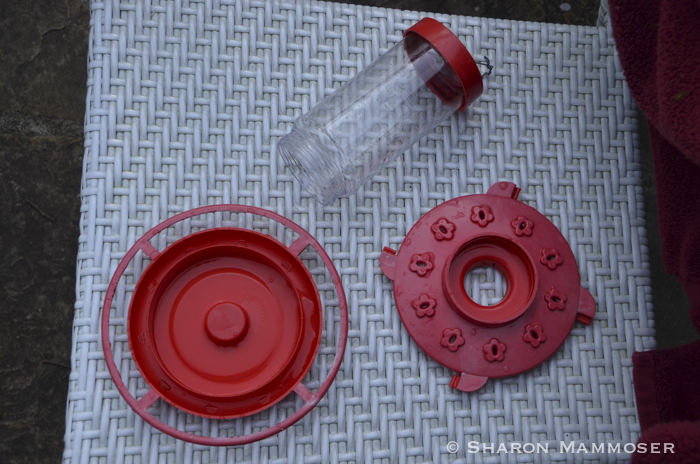
If you love hummingbirds, PLEASE don’t buy nectar! These mixes contain red dye which might be bad for the birds. Nectar in flowers is not red and the dye is 100% unnecessary. You can save money by mixing up your own nectar–one cup of plain, WHITE, GRANULATED SUGAR to four cups water. Use hot tap water and then mix. You can store it in the fridge for easy refilling. (Read here about red dye and hummingbirds.)
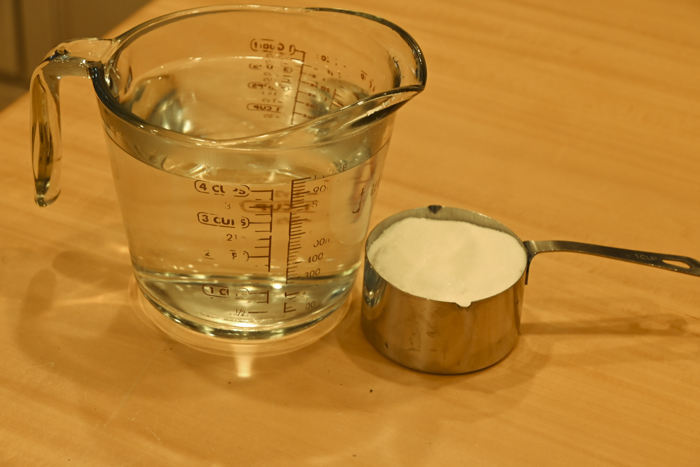
If you love hummingbirds, PLEASE don’t use anything other than plain, white, granulated sugar. Raw sugar, or Turbinado sugar may sound healthier, but it definitely isn’t. Raw sugar contains high amounts of iron.
This iron is stored in the liver of the hummers and in time can cause DEATH.
You likely won’t notice this, as plenty of other birds will continue to come to the feeders–they aren’t all going to suddenly die at once! Do not use honey, brown sugar, confectioners sugar, raw sugar, Turbinado or any sugar other than plain, white, granulated sugar. (Here’s an article about the negative effects of too much iron from Turbinado sugar.)
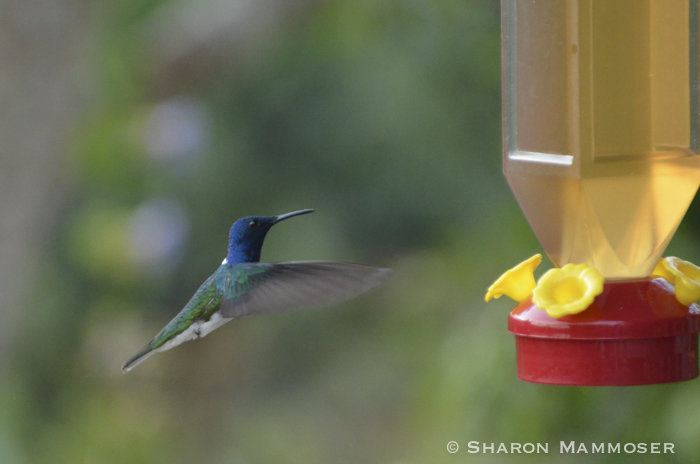
If you love hummingbirds, PLEASE don’t use pesticides in your yard.
Did you know hummingbirds feed on both nectar and insects, and that insects make up about half of the bird’s diet. If you cannot live without using Roundup or other pesticides, please do not feed the hummingbirds. (You can read this article by Audubon for more information about the use of pesticides and birds.)
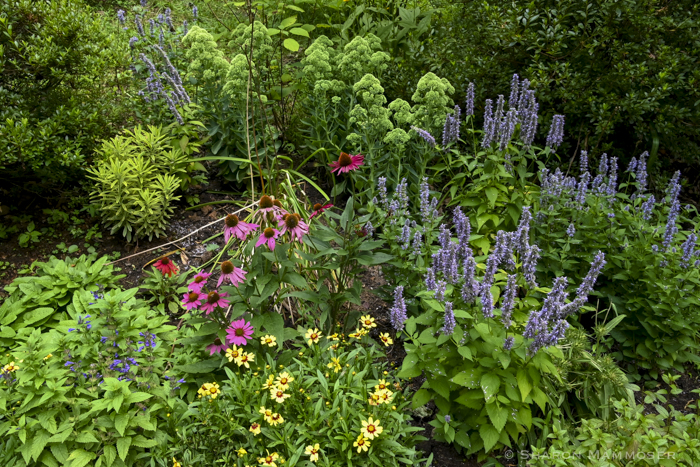
If you love hummingbirds, Please don’t buy flowers from stores that treat their products with Neonicotinoids or Neonics.
These stores make this seem like a good thing, but it’s not. Instead, Neonics have been linked to colony collapse disorder, negatively affecting honeybees and other pollinators. These products even leach this into the soil and can affect nearby plants! You are better off having no flowers at all than buying flowers treated with Neonicotinoids! You must ask the store if their products have been treated with Neonics. Many of the big box stores are not the best places to buy your flowers for this reason. When in doubt, ask.
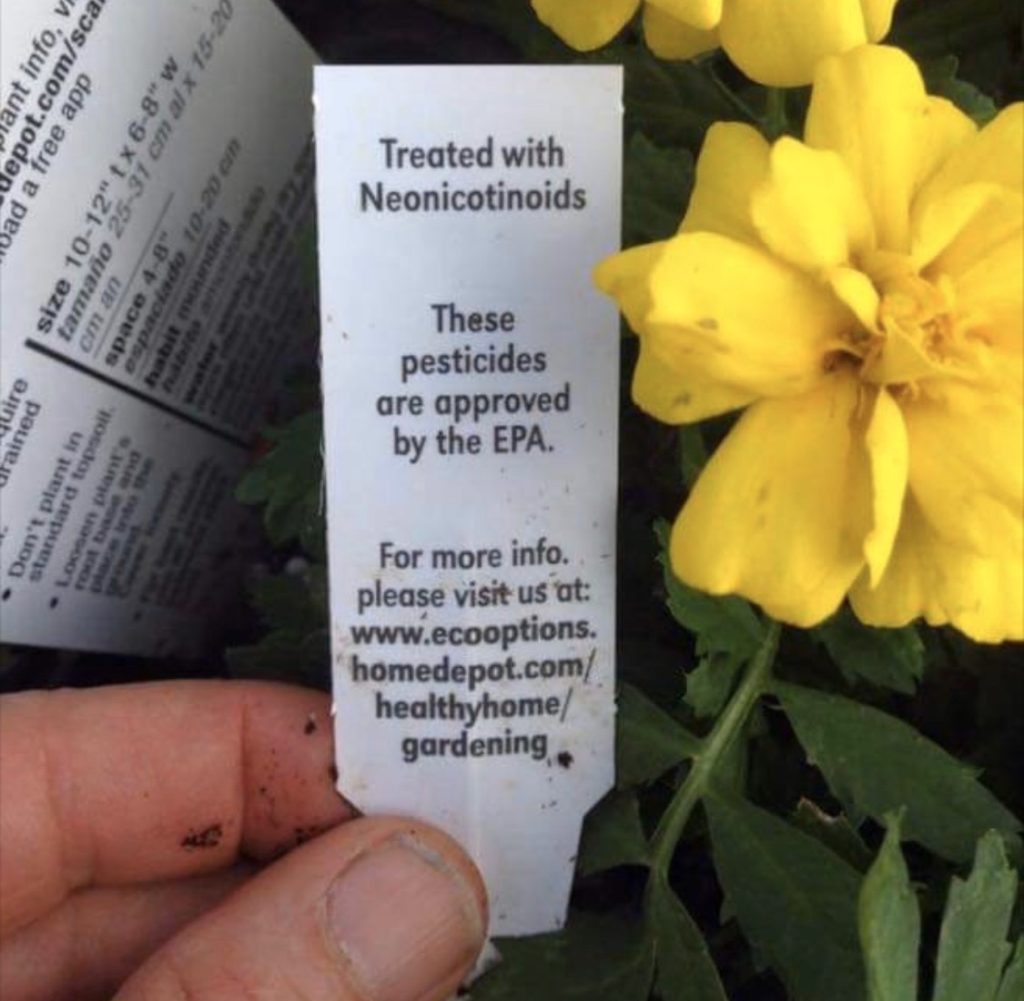
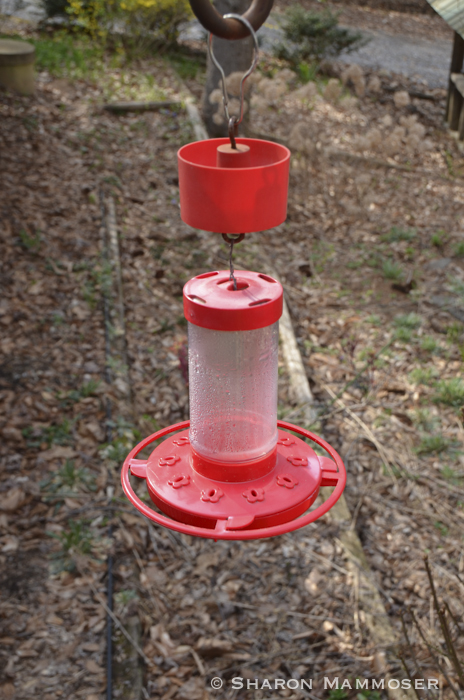
We all love hummingbirds and many of us enjoy watching them. They bring us joy. Let’s spread the word about the dangers these birds might face if people who are trying to help them don’t know their efforts could be hurting the birds.
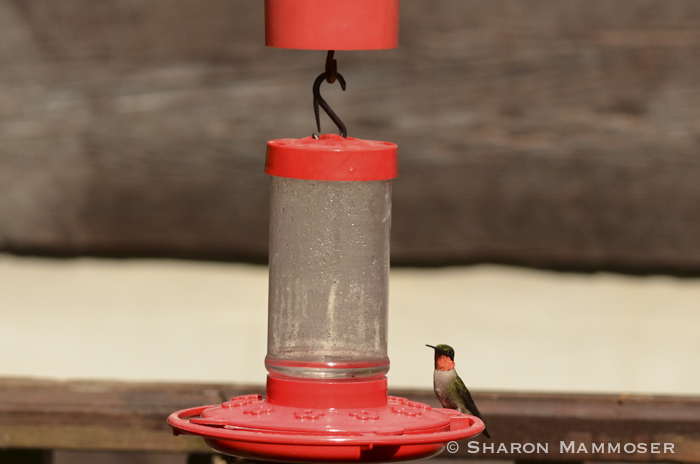
Thanks for caring about nature! And for helping me get the word out. The little birds are depending on us! Together we can make a difference.

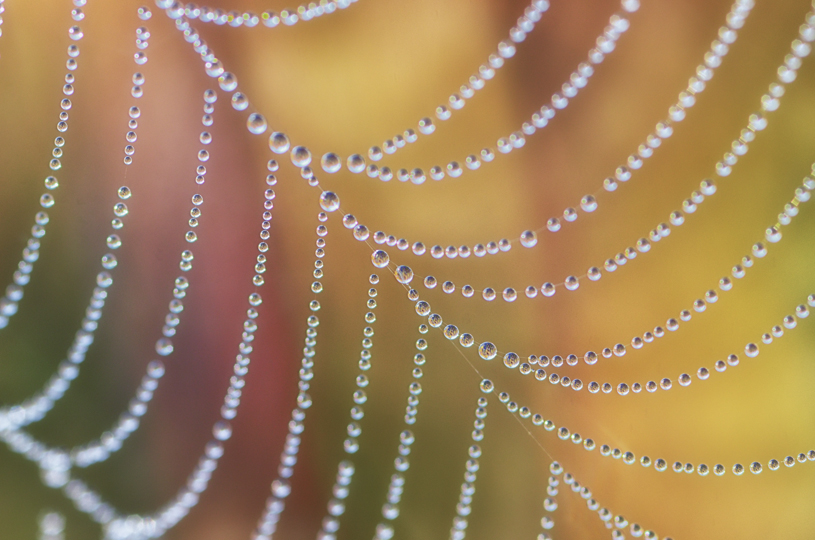
Good post Hon. We tried to alert birders in Panama about the poisonous sugar but people don’t believe you if they don’t see a pile of dead birds around their feeders. I hope you can get people to do the right thing
Yes I hope we can spread the word.
As always, thanks for reading! I appreciate the feedback and knowing someone out there is actually reading what I write!
Thanks for reading Renee! Hope you are having a good week.